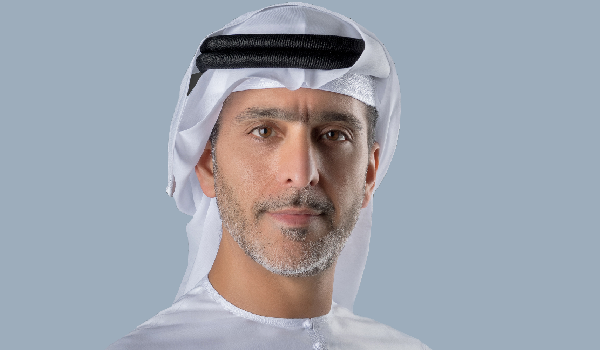The power of inflection points is that they unlock opportunities to not just course correct but to significantly re-engineer our life’s work for greater impact.
For Omar Al Shunnar, after a nearly two-decade run in corporate banking and healthcare, a long soul-searching walk led the former CEO (of Healthcare in both Emaar and Majid Al Futtaim, ) down a new path…literally. “I asked myself…what is my life’s purpose? What is my life’s work? The answer was that I needed to pursue a deeper kind of value creation for my community and country,” he shares.
In his current avatar as Founder of Jsoor – a social enterprise dedicated to growing the creative economy in MENA – the Emirati entrepreneur seeks to catalyze the local creative industry and better integrate it with the wider economy. Omar is passionate about art, culture, and design; and believes the creative industry is key to future-proofing jobs as “creativity is not something you can automate.”
Here are his money lessons:
Affordability Doesn’t Mean Expenditure
“My family is self-made and from an early age we were schooled in the value of money, that it doesn’t just manifest on its own, you have to work for it!” shares Omar. He articulates an important lesson his parents taught him: “Just because you can afford something, does not mean you have to get it.”
He highlights the pervasive impact of global consumerism today, with social media’s overwhelming messages about consumption instead of value creation. “You see music artists talk about buying that Roly (i.e. Rolex) and driving a certain car brand and subliminally, the message is…when I have these things I am successful.” Omar believes young people are especially susceptible to this kind of messaging “considering how much time they spend on social media, making it much more challenging to instill solid money principles early-on.”
Go to the Investing Gym, Build That Risk Muscle
Just like physical strength and stamina come from testing your limits with exercise, Omar recommends testing your risk appetite for investing early (only with small amounts and provided your essential obligations are covered). “Yes, investing involves risk. When you develop an appetite for risk, you understand how to identify, create and capitalize on opportunities that can be beneficial, in investing and in life.
Omar himself pursued a number of business ideas right out of college, from launching the first paintball concept in the UAE in the late nineties to bringing 3D printing to the country in the mid-2000’s. Both ideas, he says, were “way ahead of their time” and although he failed in terms of building a thriving, sustainable business, he “gained tremendous knowledge and confidence about business-building.”
It’s All About Diversity
Developing a risk appetite also means accepting that failures and miscalculations are part of the process, which is why diversification is key. “This is why you need to spread your investments across different markets. I invested in the local stock market in its early days and it did not meet my expectations. In hindsight, I should have looked at more mature markets where there is some kind of history about market performance,” he explains.
Today, most of Omar’s investments are in entrepreneurial ventures and real estate with a portion dedicated to investing in the stock market as well “across countries and different industry verticals.”
Don’t Impulse Invest. Do Your Due Diligence
Investing is not an impulse-driven activity, notes Omar. He underscores the importance of developing a systematic and efficient thought process when evaluating investments.
Part of this process involves doing due diligence on the market and sector/industry in which your investment falls. “No market will always be on the up and up,” advises Omar. “Consider the impact that regulation and politics may have on the company and the industry you’re investing in. Healthcare is often considered a very stable sector but sometimes regulations come sweeping in and upend an entire class of healthcare companies.”
